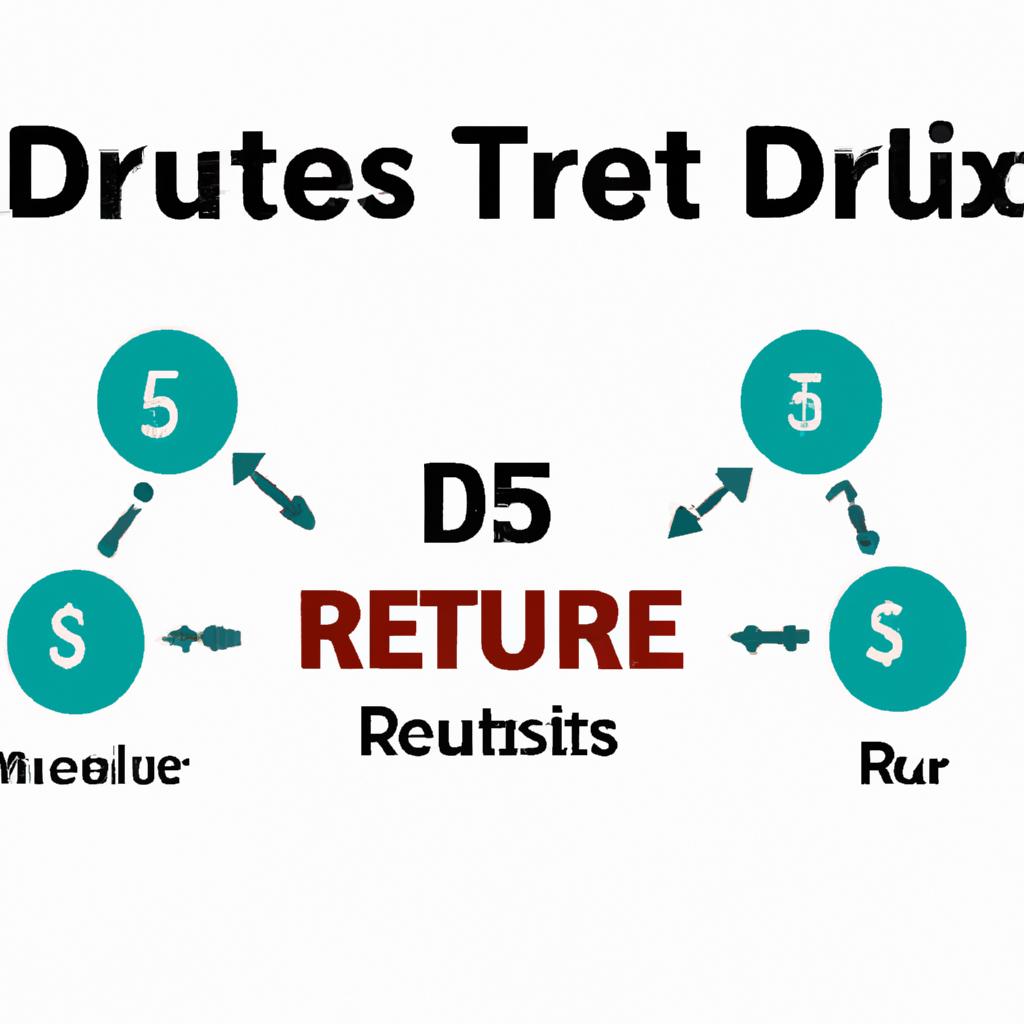In the realm of trust administration, the intricacies of distribution timelines can often confound even the most seasoned legal practitioners. One such rule that frequently emerges as a point of contention and confusion is the 65-day rule for trust distributions. In this article, we will delve into the nuances of this rule, unpacking its implications and exploring its significance in the context of estate planning and trust management. Unraveling the complexities of this rule is essential for ensuring compliance and safeguarding the interests of trustees and beneficiaries alike. At Morgan Legal Group in New York City, we specialize in navigating the complexities of trust law, offering expert guidance and advice to clients seeking clarity on matters of estate planning, probate, elder law, Wills, and trusts.
Understanding the Purpose of the 65-Day Rule in Trust Distributions
The 65-day rule for trust distributions is a crucial aspect of estate planning that ensures trustees have flexibility in making distributions to beneficiaries while maximizing tax efficiency. This rule allows trustees to make distributions within the first 65 days of the following tax year and have those distributions considered as having been made in the previous tax year. This can be advantageous for trusts that have generated income in one tax year but wish to distribute that income to beneficiaries in a different tax year for tax planning purposes.
By , trustees can effectively manage trust assets and minimize tax implications for both the trust and its beneficiaries. It is essential for trustees to work closely with legal and financial advisors to ensure compliance with tax laws and make informed decisions regarding distributions. Utilizing the 65-day rule strategically can help trustees navigate complex tax regulations and optimize the financial benefits for trust beneficiaries.
Key Considerations When Deciding to Utilize the 65-Day Rule
When contemplating whether to utilize the 65-day rule for trust distributions, it is crucial to consider several key factors. First and foremost, understanding the implications of this rule on tax planning is essential. By taking advantage of the 65-day rule, trustees have the opportunity to distribute income to beneficiaries in a tax-efficient manner, potentially reducing the overall tax burden for the trust.
Another important consideration is the impact on beneficiaries and their individual tax situations. By distributing income within the allowable 65-day window, beneficiaries may benefit from receiving additional funds sooner rather than later. Additionally, trustees must carefully assess the trust’s overall financial health and liquidity to ensure that distributions can be made without jeopardizing the long-term financial stability of the trust. Moving forward with caution and seeking guidance from experienced legal professionals, such as those at Morgan Legal Group in New York City, can help trustees navigate the complexities of the 65-day rule with confidence and prudence.
| Benefit | Implication |
| Reduced tax burden | Efficient tax planning |
| Quicker distribution to beneficiaries | Immediate financial relief |
| Financial stability | Long-term trust health |

Potential Benefits and Drawbacks of Utilizing the 65-Day Rule
When considering the use of the 65-day rule for trust distributions, there are several potential benefits and drawbacks to take into account. One key benefit of utilizing this rule is the flexibility it provides in terms of timing distributions to beneficiaries. By allowing trustees to make distributions within the first 65 days of the following tax year, they can better manage the tax implications for both the trust and its beneficiaries.
On the other hand, one drawback of relying on the 65-day rule is the potential for confusion and complexity in tracking and managing distributions. Trustees must carefully document and report any distributions made under this rule to ensure compliance with tax laws. Additionally, timing distributions within this 65-day window may not always align with the best interests of the trust or its beneficiaries, making it necessary to weigh the benefits against the potential drawbacks before utilizing this rule.

Expert Recommendations for Properly Implementing the 65-Day Rule in Trust Distributions
When it comes to properly implementing the 65-day rule in trust distributions, there are a few key recommendations that experts suggest following. First and foremost, it is crucial to understand the purpose of the rule, which allows trusts to make distributions within the first 65 days of the following tax year without those distributions being counted towards the previous tax year. This can be particularly advantageous for beneficiaries and trustees looking to optimize tax planning strategies.
One important recommendation is to keep detailed records of all trust distributions and transactions to ensure compliance with tax regulations. Additionally, consulting with a tax professional or estate planning attorney can provide valuable guidance on navigating the complexities of the 65-day rule and maximizing its benefits. By following these expert recommendations, trustees and beneficiaries can effectively leverage the 65-day rule to enhance their estate planning strategies.
Q&A
Q: What is the 65-day rule for trust distributions?
A: The 65-day rule is a provision that allows a trust to make certain distributions to beneficiaries within 65 days after the end of the tax year and have those distributions apply to the prior tax year.
Q: How does the 65-day rule benefit trusts and beneficiaries?
A: The rule provides flexibility for trusts to determine and allocate income to beneficiaries in the most tax-efficient manner possible. By allowing distributions made within 65 days of the end of the tax year to be treated as if they were made in the prior tax year, trusts can potentially lower their overall tax liability.
Q: Are there any restrictions or limitations to the 65-day rule?
A: Yes, there are a few limitations to keep in mind. The rule only applies to irrevocable trusts, and distributions must be made within the specified timeframe to qualify. Additionally, the ability to use the 65-day rule may vary depending on the specific trust agreement and any applicable state laws.
Q: How should trustees and beneficiaries navigate the 65-day rule effectively?
A: Trustees and beneficiaries should work together closely to understand the terms of the trust, the potential tax implications, and the timing of distributions. Consulting with a tax professional or financial advisor can also help ensure that the 65-day rule is utilized in the most advantageous way for all parties involved.
The Conclusion
As you navigate the intricacies of trust distributions and the 65-day rule, remember that proper understanding and adherence to these guidelines are essential for maximizing trust benefits. By staying informed and consulting with professionals, you can ensure that your trust distributions effectively serve their intended purposes. Embrace the opportunity to take control of your financial future with confidence and clarity. Trust in the process and watch as your trust thrives under the 65-day rule. Thank you for joining us on this journey of discovery.






